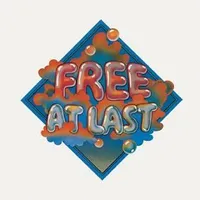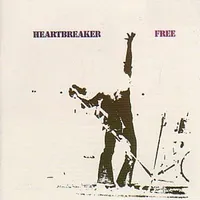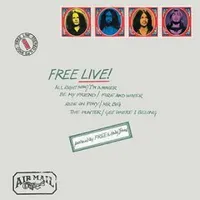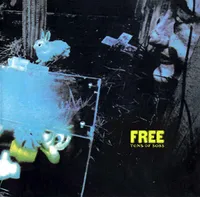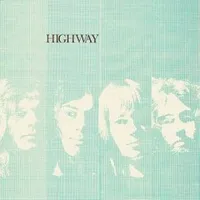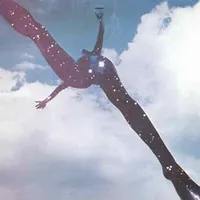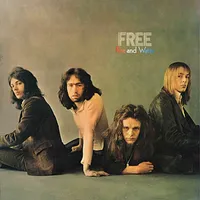"We were essentially a blues band with adventurous leanings": Every Free album ranked, from worst to best
With their legacy defined by the tragic death of guitarist Paul Kossoff and the ubiquity of All Right Now, it’s often forgotten just how miraculous Free were
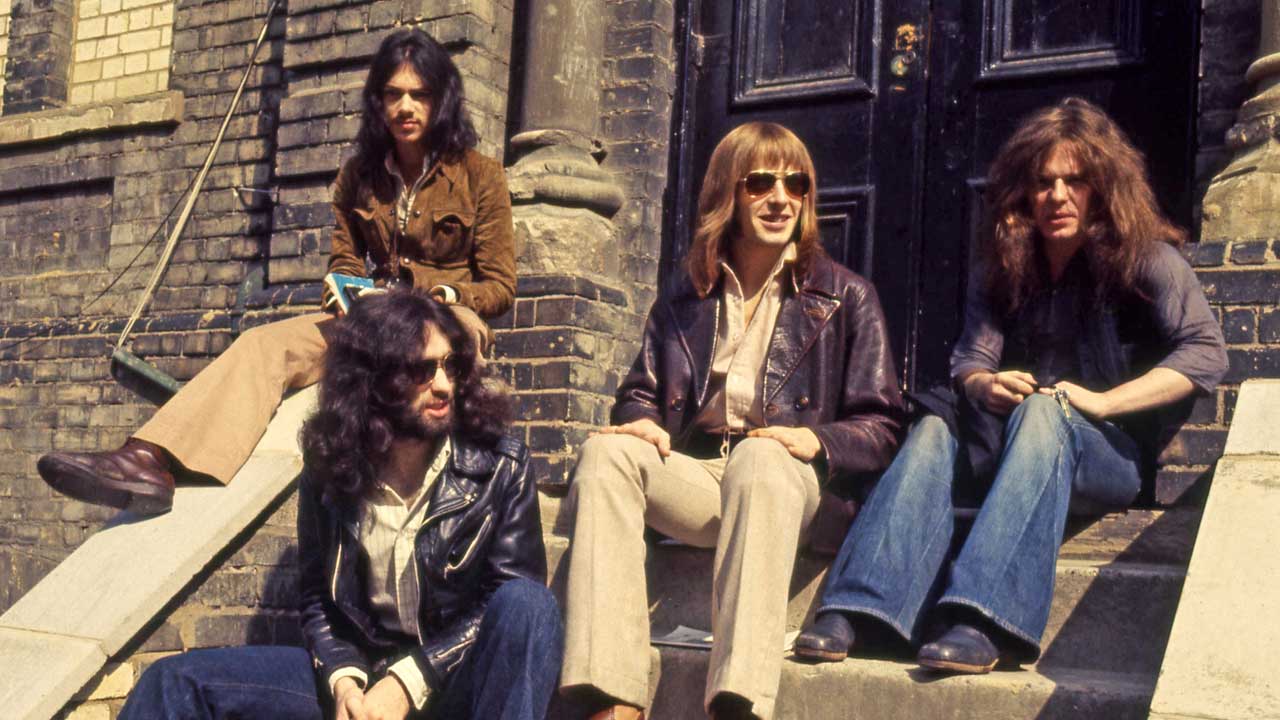
Best known for the evergreen All Right Now, Free were part of the blues rock explosion of the late 1960s. Alongside Led Zeppelin and Fleetwood Mac, they took the music in a harder direction, laying the foundations of the house that hard rock built in the 1970s.
Formed in April 1968, they held their first rehearsal at the Nag's Head pub in Battersea, South London, and knew they were onto something immediately. "We just played blues because everybody could play it straight away," frontman Paul Rodgers told us. "We were four separate guys at the beginning of the afternoon, and by the end of the evening we were a band."
They struck a deal with Island Records with the support of blues scene lynchpin Alexis Korner, and debut album Ton Of Sobs followed in 1969.
"We did the album, I think, in two or three days," said drummer Simon Kirke. "It was a pretty good showcase of where we were at that time. We were essentially a blues band with adventurous leanings."
1970 was their year. All Right Now was a massive hit, the band played to over half a million people at the Isle Of Wight Festival, and the Fire And Water album became a huge seller. At the same time, the success of All Right Now had created a problem.
"We were always a rock/blues band,” said Rodgers. “But a rift in our direction did start to become obvious – between the authentic and the obviously commercial.”
In May 1971 the group splintered, but they were back together within a year, albeit temporarily. By June 1972 bassist Andy Fraser had departed, Kirke had been diagnosed with appendicitis and tonsillitis, and Rodgers had started played guitar onstage after guitarist Paul Kossoff's drug use had rendered him incapable.
Final album Heartbreaker was released in January 1973, and Kossoff spent the next three years fighting addiction. He died on an overnight flight from Los Angeles to New York in March 1976.
These are Free's six studio albums – and one live album – ranked in order of greatness.

Reforming after a temporary split and a bunch of solo projects, Free put all the elements back in place and revert to their classic formula.
The sparks still fly on the powerful Catch A Train and the rocking Little Bit Of Love but even though they’re pushing hard, there are times when they seem unsure what they’re pushing for.
By now Free are in turmoil with Fraser gone, replaced by Tetsu Yamauchi, and Rabbit Bundrick added on keyboards as cover for the ailing Kossoff.
But the album thrives on adversity as they reappraise their style. And while Kossoff’s presence is intermittent his playing on Wishing Well is among his finest for Free.
A great souvenir for the fans but not really an album to attract a new audience. The songs are played straight, without extended jams, and only the beginning of All Right Now is tinkered with.
But you feel the full live force of the band, particularly on Fire And Water and Mr Big, which is superior to the studio version.
Free’s precocious first album carves out a heavy blues niche that contrasts with Led Zeppelin’s flamboyant debut that came out just four months later. Belying their inexperience, the teenagers keep it solid and straightforward, secure in their own talents.
Walk In My Shadow displays the venomous rhythm section behind Rodgers’ sexually charged lyrics. And Kossoff lays down his marker on Albert King’s The Hunter.
A hasty follow-up that deliberately broadened Free’s style after the opening two tracks, the classic The Highway Song and the tough rocking The Stealer.
The sound is mellower with fewer jagged edges and greater rhythmic cohesion, more piano and less guitar. But despite some increasingly strained relationships within the band, the songs are as crisp and sharp as ever
Having built their reputation by touring, Free reveal more of their potential, notably on the sinewy I’ll Be Creeping, where Fraser transforms the orthodox bass thud, the intriguing rhythmic shifts of Songs Of Yesterday, and Woman which is a sneak preview of Bad Company.
Rodgers’ vocals are becoming more expressive while Kossoff circles around him firing bursts of stinging guitar.
The breakthrough album that put a spring in Free’s step, quite literally in the case of All Right Now, one of the great iconic rock songs that bears unlimited repetition.
Their newly acquired funky edge, also featured on the title track, made Free compulsive listening and even ballads like the intense Heavy Load and Oh I Wept felt the benefit.
Sign up below to get the latest from Classic Rock, plus exclusive special offers, direct to your inbox!
Classic Rock is the online home of the world's best rock'n'roll magazine. We bring you breaking news, exclusive interviews and behind-the-scenes features, as well as unrivalled access to the biggest names in rock music; from Led Zeppelin to Deep Purple, Guns N’ Roses to the Rolling Stones, AC/DC to the Sex Pistols, and everything in between. Our expert writers bring you the very best on established and emerging bands plus everything you need to know about the mightiest new music releases.
